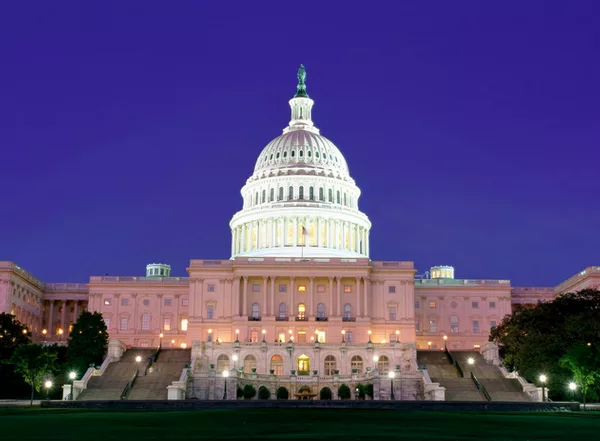Congress Strikes Down Country of Origin Labeling for Red Meat

As part of a massive year-end spending bill last month, U.S. Congress has repealed a food labeling law that required grocers and retailers to display the animal’s country of origin on packages of red meat. This is considered a win for the meat industry after roughly 15 years of fighting Congress and in court.
After the World Trade Organization (WTO) continued to rule against them, lawmakers say they were backed into a corner and left with no other choice after exhausting all their appeals. If Congress had not repealed the law, WTO had given Canada and Mexico the authority to economically retaliate against the U.S. to the tune of $1 billion.
The North American Meat Institute has praised the repeal, saying: “We are enormously grateful that lawmakers have included language in the Omnibus bill to repeal mandatory country of origin labeling for certain meat products. Our elected leaders recognize the need for the United States to live up to its international trade obligations. This Congressional action is an important step in avoiding the financial harm so many industries will incur once Canada and Mexico initiate the tariffs sanctioned by the WTO’s ruling [last] month."
Agriculture Secretary Tom Vilsack has confirmed that the government will immediately stop requiring the labels. Still, he would like to find a compromise that “doesn't create significant market disruption, while at the same time recognizing consumers' need to know and right to know basic information."
The repeal is a loss for consumer advocates and groups who have always pushed for more transparency in the food industry. They also believe that meat labels would help to encourage the purchase of more American meat.
The silver lining for food labeling advocates, though, is that the bill does not add language that would have blocked mandatory labeling of genetically modified ingredients. Also, labeling for genetically modified salmon was approved by the U.S. Food and Drug Administration.
The issue of food labeling is not completely resolved. This summer, Vermont is expected to begin requiring labels on genetically modified foods.
Looking for quick answers on food safety topics?
Try Ask FSM, our new smart AI search tool.
Ask FSM →





